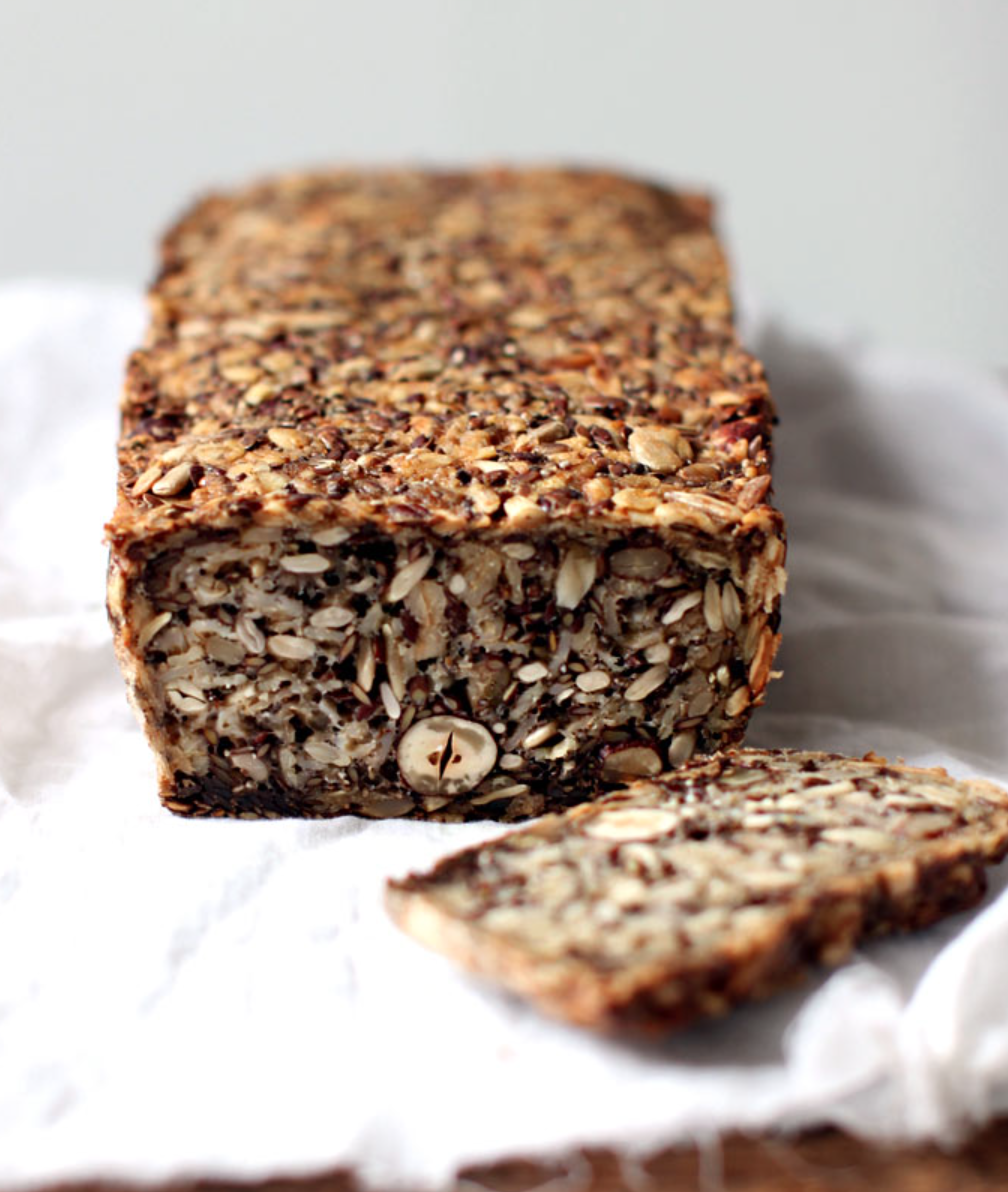Stress Management Techniques for Enhancing Fertility
Learn about the top stress management techniques that can help enhance fertility and improve overall well-being.

A primary care membership for patients who want more. Primary Care. Nutrition. Wellness. All under one roof.
Stress is an unavoidable part of life, but when it comes to fertility, managing stress effectively can make a significant difference. Numerous studies have shown that high stress levels can negatively impact reproductive health, making it more challenging to conceive. Here, we explore the top stress management techniques that can help enhance fertility and improve overall well-being.
Understanding the Connection Between Stress and Fertility
Before diving into specific techniques, it's important to understand how stress affects fertility. Chronic stress can disrupt hormonal balance, interfere with the menstrual cycle, and negatively impact sperm quality. Stress can significantly disrupt a woman’s reproductive health by interfering with the body’s natural processes. It can cause disruptions in ovulation, shorten the luteal phase (the time between ovulation and the start of your period), and lead to abnormal bleeding patterns. Moreover, stress can temporarily suppress the hypothalamic-pituitary-ovarian (HPO) axis, a critical system responsible for the release of hormones that regulate the menstrual cycle. This suppression can result in irregular menstrual cycles or even delay ovulation, making it more challenging to conceive. Stress can also lead to unhealthy behaviors such as poor diet, lack of exercise, and insufficient sleep, all of which can further hinder fertility.
Top Stress Management Techniques
Mindfulness and Meditation
Mindfulness and meditation are powerful tools for reducing stress and promoting relaxation. Practicing mindfulness involves focusing on the present moment and observing thoughts and feelings without judgment. Incorporating regular mindfulness practices such as journaling, gratitude exercises, and meditation can help calm the mind and body.
- How to Practice: Start with just 5-10 minutes of meditation each day, gradually increasing the duration. Apps like Insight Timer, Headspace, Calm or Open can be helpful for beginners.
Spending Time in Nature
Spending time in nature is a powerful tool for stress reduction; exposure to natural sunlight, grounding practices like walking barefoot on the earth, and simply taking in the beauty of a sunset can all improve your resilience to stress. Spending time in nature has been shown to increase brain-derived neurotrophic factor (BDNF), a protein that supports brain health by promoting the growth of new neurons and enhancing neuroplasticity. Higher BDNF levels improve mood, cognitive function, and the brain's ability to cope with stress. By boosting BDNF, nature exposure helps the brain adapt to and recover from stress, leading to better mental and emotional well-being.
Yoga
Yoga combines physical postures, breathing exercises, and meditation to promote relaxation and reduce stress. Being in the present moment while practicing and connecting to your breath profoundly helps calm stress. It has been shown to improve hormonal balance and enhance fertility.
- How to Practice: Incorporate a daily yoga routine, focusing on poses that promote relaxation and stress relief, such as child's pose, forward bend, and legs-up-the-wall. Joining a yoga class can provide structure and support. We love SkyTing or Modo Yoga.
Regular Physical Activity
Exercise is a natural stress reliever that can improve mood, boost energy levels, and promote better sleep. Regular physical activity also helps regulate hormones and enhance reproductive health.
- How to Practice: Aim for at least 30 minutes of moderate-intensity exercise most days of the week. Activities like brisk walking, swimming, cycling, and dancing are excellent options.
Healthy Diet
A balanced diet rich in fruits, vegetables, whole grains, lean proteins, and healthy fats can help manage stress and support fertility. Nutrient-dense foods provide the vitamins and minerals needed for optimal reproductive health.
- How to Practice: Focus on eating a variety of whole foods and limiting processed foods, caffeine, and alcohol. Aim to build a balanced plate at every meal. Try making a metabolic power bowl. And if you struggle to eat enough protein here are three ways to increase your intake.
Adequate Sleep
Quality sleep is essential for stress management and overall health. Lack of sleep can increase stress levels and negatively impact hormonal balance and fertility.
- How to Practice: Aim for 7-9 hours of sleep each night. Establish a regular sleep schedule, create a relaxing bedtime routine, and ensure your sleep environment is conducive to rest. Check out more of our top tips here.
Acupuncture
Acupuncture, an ancient Chinese practice, involves inserting thin needles into specific points on the body to promote balance and healing. It has been shown to reduce stress and improve fertility outcomes.
- How to Practice: Seek a licensed acupuncturist specializing in fertility. Regular sessions can help manage stress and support reproductive health. We love Ora Space in NYC and if you're a Lanby member check out our perks and partners for some of the amazing practitioners we partner with.
Professional Support
It is important to know when seeking professional support is needed—therapists, psychologists, and other mental health providers can offer guidance and tools to help navigate stressful times. CBT is a type of psychotherapy that helps individuals identify and change negative thought patterns and behaviors to effectively reduce stress, anxiety, and depression.
- How to Practice: Work with a licensed mental health practitioner to guide you through stressors, coping mechanisms, and root cause discovery. Many of these professionals offer telehealth sessions, making it convenient to incorporate therapy into your routine. If you’re a Lanby member, reach out to your Care Team to find someone in our curated and vetted specialist network.
Journaling
Writing down thoughts and feelings can be a therapeutic way to process stress and gain perspective. Journaling helps in identifying stressors and finding ways to cope.
- How to Practice: Set aside time each day to write in a journal. Focus on expressing your thoughts and emotions freely without worrying about grammar or structure. The 5 Minute Journal can be a great place to start for beginners.
Community
Maintaining strong connections with loved ones and being part of a supportive community can provide a sense of belonging and purpose, which are key to mental well-being. Connecting with friends, family, or support groups can provide emotional support and reduce feelings of isolation. Sharing experiences and receiving encouragement can alleviate stress.
- How to Practice: Make time for regular social interactions, whether in person, over the phone, or through online communities. Joining a fertility support group can provide specific guidance and understanding.
Conclusion
Managing stress is a crucial component of enhancing fertility and achieving overall well-being. By incorporating these stress management techniques into your daily routine, you can improve your chances of conceiving and maintain a healthier lifestyle. Remember, it's important to experiment and find what works best for you and to seek professional support when needed. Consistency and patience are key as you navigate your fertility journey with a calm and balanced mind.

If you're curious to learn more about The Lanby, book a free consult call and we'll chat about how The Lanby can be your personalized long term health and wellness partner.

Kendall is a graduate of the University of Mississippi, with a B.A. in Integrated Marketing Communications and a minor in Business Administration. She received her certificate of Nutrition Science from the Friedman School of Nutrition at Tufts University.

Chloe holds a bioengineering degree from the University of Pennsylvania. As a breast cancer survivor, her insights shape The Lanby's patient-centric approach. Leveraging her healthcare strategy background, Chloe pioneers concierge medicine, bridging gaps in primary care.

Tandice was recognized with the Health Law Award and named a Ruth Bader Ginsburg Scholar at Columbia Law School. Tandice's editorial role is enriched by her insights into patient autonomy and gene modification legalities. Passionate about bioethics, she is committed to crafting patient-centric healthcare solutions.





